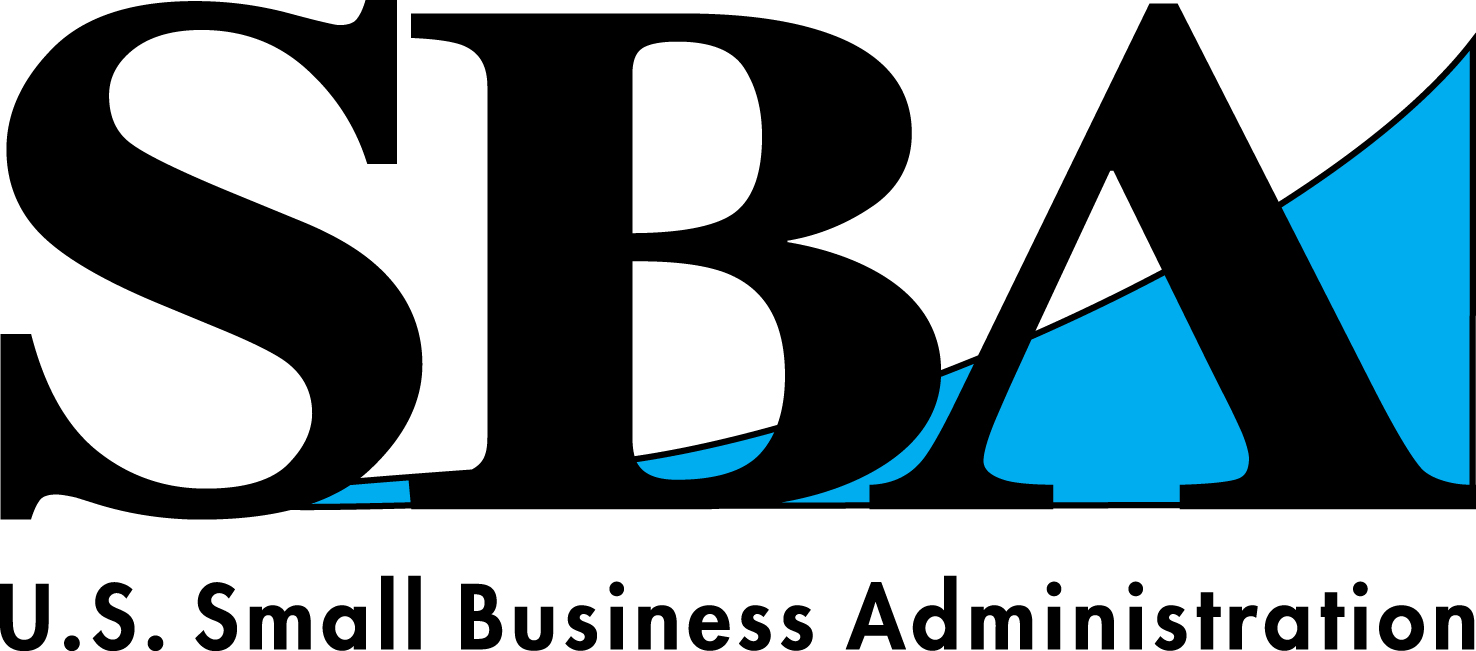By Megan Connor
 The SBA’s February 2015 proposed rule concerning the expanded mentor-protégé program received much attention and analysis, much (deservedly) focused on the new program. However, one aspect of the proposed rule could, if made final, provide important guidelines for business concerns owned and controlled by Indian Tribes, Alaska Native Corporations (“ANCs”), Native Hawaiian Organizations (“NHOs”), and Community Development Corporations (“CDCs”).
The SBA’s February 2015 proposed rule concerning the expanded mentor-protégé program received much attention and analysis, much (deservedly) focused on the new program. However, one aspect of the proposed rule could, if made final, provide important guidelines for business concerns owned and controlled by Indian Tribes, Alaska Native Corporations (“ANCs”), Native Hawaiian Organizations (“NHOs”), and Community Development Corporations (“CDCs”).
Under the current SBA regulations, business concerns owned and controlled by Indian Tribes, ANCs, NHOs, CDCs, or wholly-owned entities of Indian Tribes, ANCs, NHOs, or CDCs are not considered to be affiliated with other concerns owned by these entities because of their common ownership or common management. Moreover, SBA will not find affiliation among these commonly owned/managed business concerns “based upon the performance of common administrative services, such as bookkeeping and payroll, so long as adequate payment is provided for those services.” 13 C.F.R. 121.103(b)(2)(ii). But affiliation may be found for other reasons.
The so-called “common administrative services exception” to affiliation makes good sense as it ensures efficiency. For instance, a Tribally-owned holding company may be the hub, providing bookkeeping and payroll services to its subsidiaries. However, Tribes, ANCs, NHOs, and CDCs have struggled to figure out what qualifies as a “common administrative service” and what does not since the regulation only provides two examples: bookkeeping and payroll. SBA’s recent proposed rule finally provides these entities with clarity.
According to the proposed rule, “common administrative services” include:
- Bookkeeping
- Payroll
- Recruiting
- Human Resource Support
- Cleaning Services
- Other duties that are unrelated to contract performance or management and can be reasonably pooled or otherwise performed by the holding/parent company without interfering with control
- Record retention not related to a specific contract (e.g., employee time and attendance records)
- Maintenance of databases for awarded contracts
- Monitoring for regulatory compliance
- Template development
- Assisting accounting with invoice preparation as needed
- Efforts at the holding company/parent level to identify possible procurement opportunities for specific subsidiary companies—until the opportunity becomes concrete enough to assign to the subsidiary
- Assistance with preparing the generic part of an offer
“Common administrative services,” for purposes of the exception to affiliation, do not include the following, which may only be performed by the offeror for the contract at issue, not by a parent or sister company:
- Contract administration services that encompass actual and direct day-to-day oversight and control of the performance of a contract/project
- Negotiating directly with the government agency regarding proposal terms, contract terms, scope and modifications
- Project scheduling
- Hiring and firing of employees
- Overall responsibility for the day-to-day and overall project and contract completion
- Business development after an opportunity is identified
- Drafting technical and contract specific portions of preparing an offer
- Controlling employee assignments and the logistics for contract performance
Due to the volume of comments the SBA received concerning the mentor-protégé program, it’s likely that the final rule will not be released until late this year or early next year. However, Tribes, ANCs, NHOs, and CDCs should start reviewing and potentially fracturing what administrative services are shared among their commonly owned entities now so that when the rule becomes final, they will be able to avoid a finding of affiliation.
About the Author: Megan Connor, an associate with PilieroMazza, focuses her practice in the areas of government contracts, small business administration programs, business and corporate law, and litigation. She may be reached at mconnor@pilieromazza.com.


